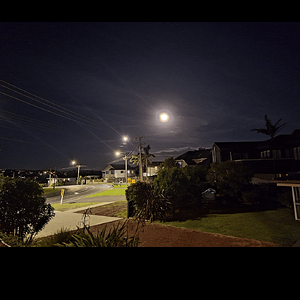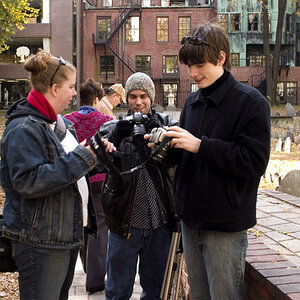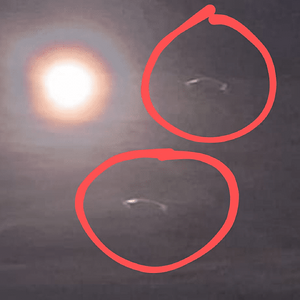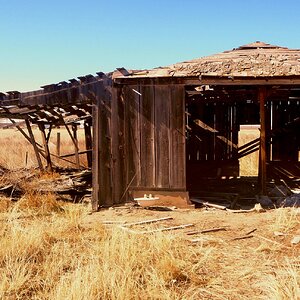digitalshutterbug
TPF Noob!
- Joined
- May 26, 2013
- Messages
- 1
- Reaction score
- 0
- Location
- New Bedford, Massachusetts
- Can others edit my Photos
- Photos OK to edit
I've been a digital photographer for years and have never ventured into film photography because of all the costs of processing. I mean, all I needed to buy for digital was a camera and lenses. Done; my laptop does the work from there on in. With film there's cameras, lenses, the film itself, developing, a scanner... I want to try it out but there's so much equipment involved. Where do I even begin when I'm on a budget?


![[No title]](/data/xfmg/thumbnail/32/32005-d13a0bcc56327c42bd32dff4b0776658.jpg?1619735150)



![[No title]](/data/xfmg/thumbnail/37/37634-504722605a418b398f3cd1dbabf936e5.jpg?1619738156)
![[No title]](/data/xfmg/thumbnail/36/36398-33d875428a7eefdf5b31188ec0f555a5.jpg?1619737551)
![[No title]](/data/xfmg/thumbnail/37/37633-94737d4436dff45b827dcc332ff7fba9.jpg?1619738156)

![[No title]](/data/xfmg/thumbnail/36/36400-97a007ae878e1032155c7a7d47eeba73.jpg?1619737552)

![[No title]](/data/xfmg/thumbnail/37/37094-a3c300cd42f78d01d01fe80c1233002e.jpg?1619737881)
